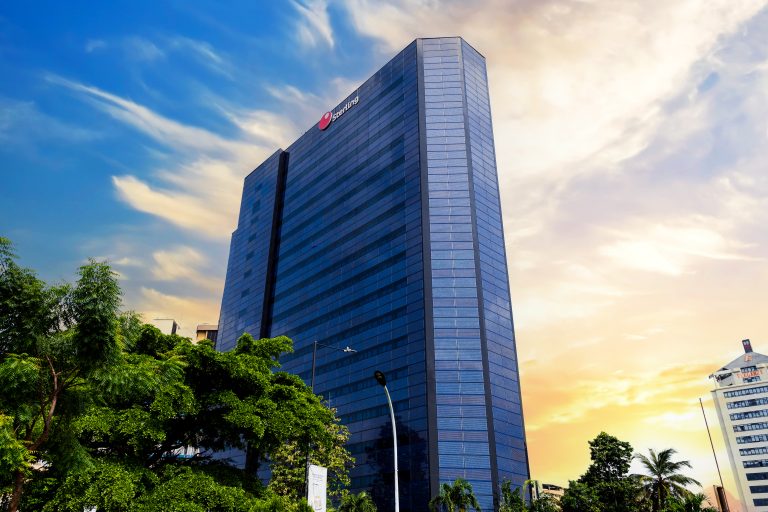Onome Amuge

Ghana’s annual inflation rate fell to its lowest level in almost four years in July, driven by a strengthening currency and easing price pressures across food and non-food categories. The data has reinforced expectations that the Bank of Ghana will implement further monetary policy easing in the coming months.
Annual inflation slowed to 12.1 per cent in July from 13.7 per cent in June, according to data released on Wednesday by Government Statistician Alhassan Iddrisu. The figure came in below the 12.4 per cent median estimate of five economists surveyed by Bloomberg. On a monthly basis, consumer prices rose by 0.7 per cent.
The deceleration in inflation has been supported by the Ghanaian cedi, which has appreciated by 39 per cent against the US dollar this year, making it one of the best-performing currencies globally. This rally is underpinned by a rise in global prices for gold and cocoa, two of Ghana’s primary export commodities. These gains have boosted the country’s foreign exchange reserves and enhanced investor confidence.
Food inflation fell to 15.1 per cent in July from 16.3 per cent in June, while non-food inflation eased to 9.5 per cent from 11.4 per cent, reflecting a broad-based disinflation trend.
The decline in inflation follows the Bank of Ghana’s record 300 basis-point interest rate cut last week, which brought the benchmark policy rate down to 25 per cent. Central bank Governor Johnson Asiama had previously indicated that the institution would consider additional cuts if the disinflation trend continued.
“The monetary policy committee will continue to assess incoming data and likely reduce the policy rate further should the disinflation trend continue,” Asiama stated. The central bank has now revised its forecast, projecting that inflation will return to its 6-10 per cent target range by the end of 2025, a full quarter earlier than its previous projection of March 2026. The better-than-expected July inflation data increases the likelihood of further rate cuts at the next Monetary Policy Committee meeting on September 17.
Ghana, Africa’s largest gold producer and the world’s second-largest cocoa grower, has benefited from the rise in commodity prices, which has helped ease external pressure on the cedi and support domestic price stability. The latest data is expected to boost investor confidence in the country’s economic recovery path, which is also supported by an International Monetary Fund extended credit facility programme.










